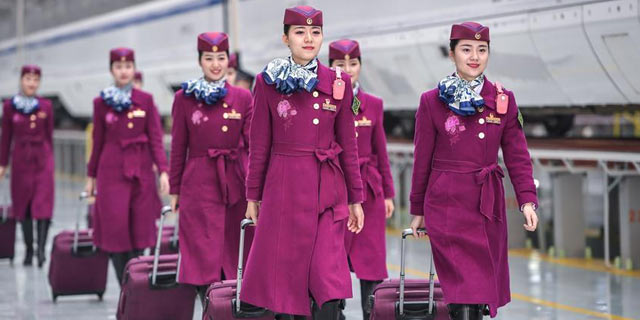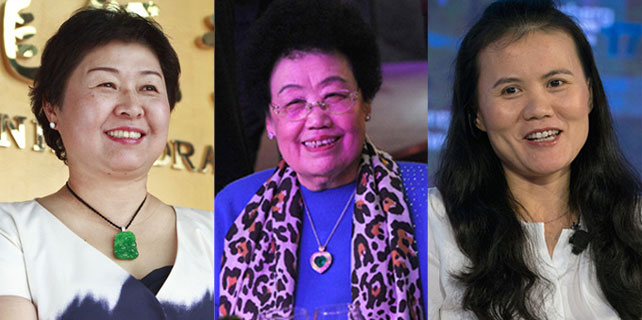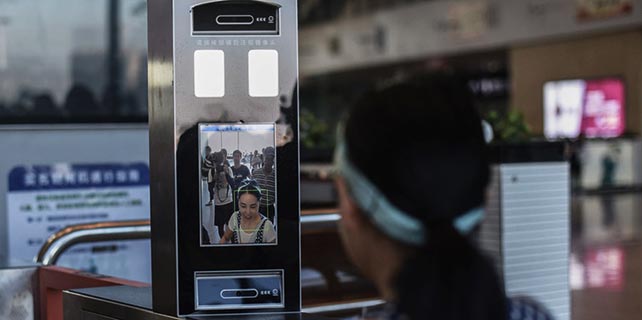Julia Gillard: World keen to learn from China's education experience
Former Prime Minister of Australia, Julia Gillard, proclaimed global interest in boosting cooperation with China in the field of education and scientific research in an exclusive interview with China Daily.
"What China achieved in the past five years is remarkable and large-scale," Gillard said. "China has got much to teach the world about how to make sure hundreds of thousands of children get a quality education, even in remote locations outside urban centers."
Gillard was also impressed by China's focus on science, technology, engineering and math. She said China succeeds in getting students excited about studying these subjects. "Girls in many countries are either excluded from education, or if they're in school they tend to disproportionately select away from science and math subjects."
The former Australian prime minister has directed her attention to children's education for many years. She believes quality education has a transformative power in individual lives.
Since leaving her leadership post in 2013, she has chaired the board of the Global Partnership for Education, the only multilateral partnership and fund dedicated exclusively to education in the world's poorest countries. The organization includes developing country partners, donor countries, multilateral agencies, civil society, teachers, philanthropic foundations and the private sector.
In 2017, UNESCO raised awareness for the estimated 264 million girls and boys who are not going to school and, just as distressing, many more children who are in school but not learning. "This is a failure that we must tackle together," said Irina Bokova, UNESCO's previous director-general.
Launched in 2002, the GPE works with developing countries to increase domestic investment in education, providing results-based grants, mobilizing technical assistance and inclusive discussion. Through GPE's efforts, 78 percent of GPE partner countries have maintained their education budget at or above 20 percent of public expenditure, or increased their education budget in 2015. As a result, 72 million more children were in primary school in 2015 in GPE partner countries compared to 2002.
Now in its 15th year, GPE has set its next replenishment round, aiming to raise $3.1 billion over three years to support 89 developing countries to improve quality and access to education for 870 million children and youth.
"It's a huge ambition," Gillard admitted. She was, however, quite enthusiastic about China's involvement in the Global Partnership for Education and sharing the country's experience in building a quality education system. "Beyond money, which matters so much, there's also technical collaboration and good ideas from China that can be shared with other nations. It's a real win-win, working together," Gillard said.
Meanwhile, Gillard noted China has continued to do well in enrollment rates and the availability of school in rural and poverty-stricken areas, sharing President Xi Jinping's ambition to further reform education, speed up its modernization and develop education people are satisfied with. "President Xi puts great stock in education," she said. "He's talked recently to the party congress, and he takes education as a cornerstone of development. I absolutely agree with those sentiments."
















